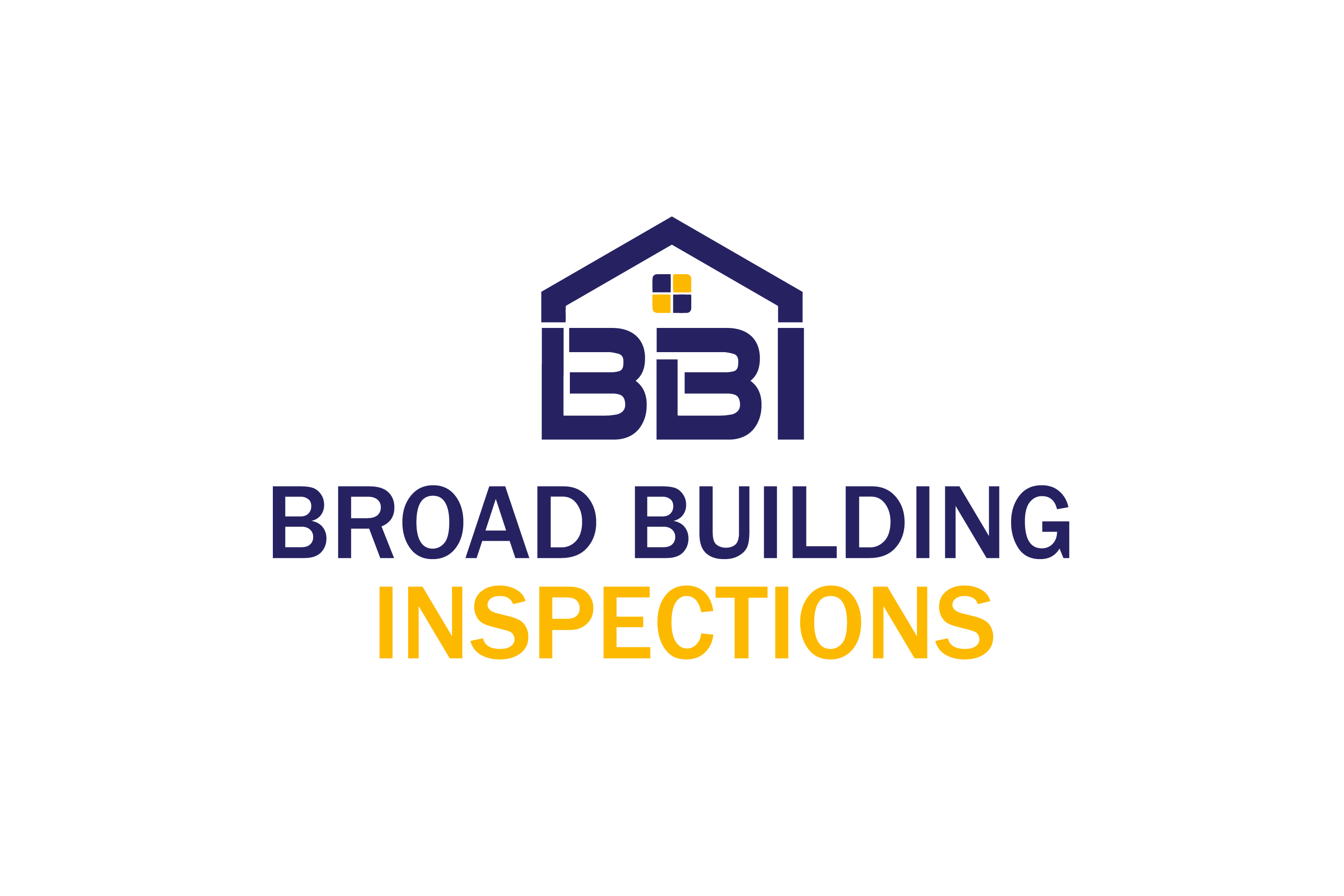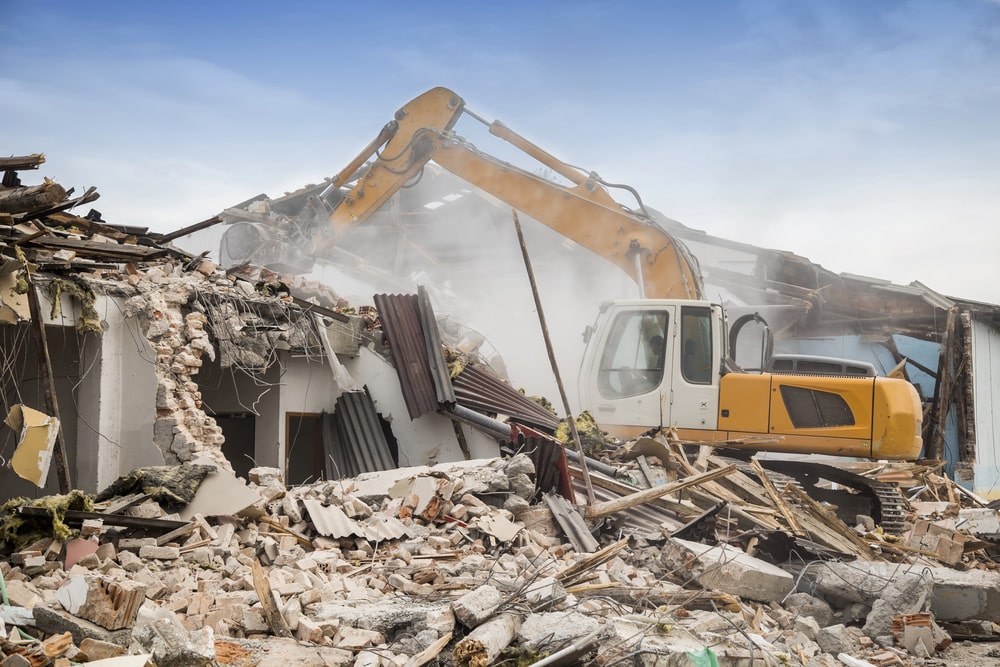When embarking on a construction project, whether large or small, one of the most overlooked yet essential steps is obtaining a dilapidation report.
This report documents the condition of neighbouring properties before construction begins, serving as a vital reference point.
But beyond its role in record-keeping, can a dilapidation report actually prevent costly construction disputes?
In this article, we’ll explore how these reports can protect all parties involved and ensure smoother project execution.
What is a Dilapidation Report?
A dilapidation report is a detailed dilapidation survey that records the existing condition of a property, including its structural features, before nearby construction work begins.
Dilapidation simply refers to the state of disrepair or deterioration of a property or structure due to age, neglect, or other factors. This can include issues such as cracks in walls, structural damage, worn-out fixtures, or other forms of physical decline. In the context of construction and property management, dilapidation is often assessed to understand the condition of a property, particularly before and after construction work, to identify any damage that might occur during the process.
Typically, these reports include comprehensive photographic documentation and descriptions of any pre-existing cracks, damage, or defects. Generally commissioned by property owners or developers, dilapidation reports serve as an important baseline, helping to identify any changes or damage that may occur as a result of construction activities. This documentation is crucial for protecting both the property owner and the builder from potential disputes.
What Disputes Do Dilapidation Surveys Help to Avoid?
1. Claims of Property Damage
One of the most frequent disputes that arise during construction projects involves claims of damage to neighbouring properties.
Whether it’s cracks in walls, shifting foundations, or damage to driveways and landscaping, property owners often attribute such issues to nearby construction activities. A dilapidation survey offers an unbiased record of the property’s condition before construction started, making it easier to determine whether the claimed damages were pre-existing or caused by the construction.
2. Disputes Over Responsibility for Repairs
3. Neighbour Disputes
Construction projects often strain relationships between neighbours, particularly when there is a perception that the work is causing damage to adjacent properties. A dilapidation survey can help maintain good neighbourly relations by providing a transparent record of the property’s condition, reducing the likelihood of unfounded claims and foster a spirit of cooperation and trust.

4. Insurance Claims
5. Legal Disputes
So How Does The Dilapidation Report Help Prevent Disputes?
Dilapidation reports are not just about documenting a property’s condition—they play a vital role in preventing conflicts that can arise during and after construction. Here’s how these reports help keep disputes at bay:
1. Evidence and Documentation
2. Legal Protection
3. Transparency
Dilapidation reports promote transparency between all parties involved in a construction project. By ensuring that everyone is aware of the property’s initial condition, these reports help prevent misunderstandings and maintain trust throughout the project.
Dilapidation reports are essential tools that document, protect and clarify property conditions at a point in time. This helps to avoid disputes and ensure a smoother construction process for all involved.
How do you get a Dilapidation Report and when should you get one?
To obtain a dilapidation report, hire a qualified building inspector who will document your property’s current condition with detailed notes and photographs. Make sure to choose a reputable service to ensure the report’s accuracy.
You should get a dilapidation report before any nearby construction begins, especially for projects involving significant ground movement, such as renovations or new builds. This report serves as a baseline to protect you from future disputes over potential damage.
Protect your property from potential construction damage. Contact Broad Building Inspections today to schedule your dilapidation report and ensure peace of mind.




